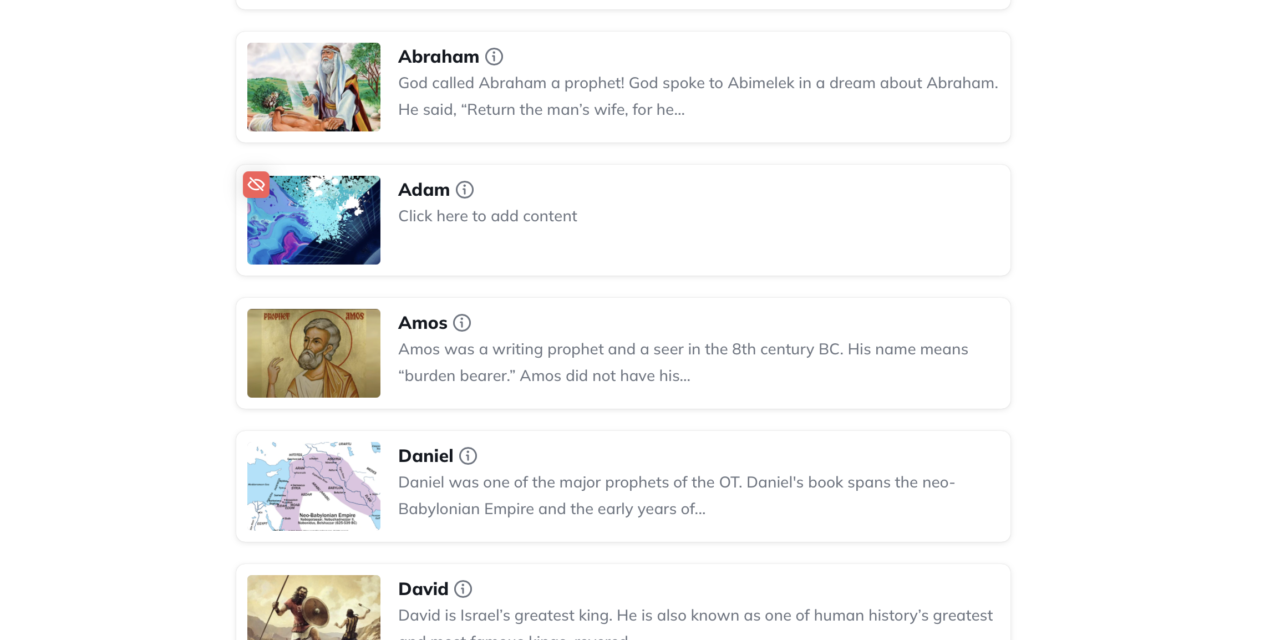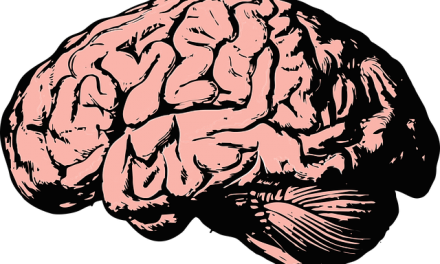Old Testament Prophets
The OT prophets were faithful men and women of God. They lived faithful to the words and revelations that were given by God. They were unconcerned about the opinions and accusing words of the people around them, and they lived faithful, even to death. They knew their job was to be carriers and communicators of the word of God. In our English translations, this is often referred to as the burden of the Lord. They bore the burden of the Lord faithfully. Ultimately, the burden of the Lord is for the well-being of God’s people, Israel, and all the nations! God’s concern is/has always been for people.
The words the prophets carried had two main emphases: 1) The prophets acted to preach, prophesy, and demonstrate who God is and His salvation plan as it was unfolding through human history. And 2) The prophets revealed the condition of people’s hearts in relation to God’s righteous judgment and His justice. This included the individual heart, the hearts of kings, rulers, and religious leaders, as well as the collective heart of a city or nation.
Most of God’s prophets did not live to see their prophecies fulfilled. They were not famous men or women. But they were infamously hated because they would NOT compromise God’s many words and revelations. Their obedience saw God’s prophetic words penetrate deep into atmospheres that were otherwise thick with pain, hopelessness, desperation, sin, rebellion, idolatry, war, and massive cultural upheaval—much like the days we live in. Their boldness saw kings and nations repent and turn to God, and this was often accompanied by national transformation (reformation).
The OT prophetic books are divided into two main categories: major and minor. This division is delegated because of the size of the body of work of the prophet. Isaiah wrote 66 chapters. Obadiah wrote 1 chapter. There is no intended hierarchy. Major/minor simply reflects the size of the prophet’s body of work.
Major prophets are (4): Isaiah, Jeremiah, Ezekiel, and Daniel.
Minor prophets are (12): Hosea, Joel, Amos, Obadiah, Jonah, Micah, Nahum, Habakkuk, Zephaniah, Haggai, Zechariah, and Malachi.
A third category of OT prophet exists and is made up of prophets whose names and stories appear in scripture, but they do not have books like Isaiah or Jeremiah, for several reasons. Enoch was a prophet, but his work did not make it into the canon of scripture (Gen 4&5; Jude 1:14). Other prophets may have written down their revelations, but their work has been destroyed—thousands of years have passed. Many did not write down their revelations, relying instead upon the strong oral traditions to keep God’s stories alive. Others just simply did not write them down; quite possibly, the Holy Spirit did not instruct them too! Miriam, Moses’ sister, is an example. Although, in Miriam’s case, Moses recorded one of her songs (Ex 15). Moses was instructed several times to keep records of all God was doing (Ex 17:14, 34:1, 34:17, 38:21; Num 33:2). Moses was a prophet but is not listed among major or minor prophets, though he recorded more than any of them!
Heavenly Radicals is my prophetic company
We are training in three areas: First, how to operate the gift of prophecy because every believer can prophesy. Second, how to live as God’s prophetic-priesthood, and again, this is for every believer. Third, we are training some as Prophets. All can prophesy, but not all are called to be capital “P” Prophets (Joel 2:28; Acts 2:17; 1Cor 12:29, 14:1, 31; Eph 4:11-12).
Note: Prophecy with a “c” is the noun form. Prophesy with an “s” is the verb.
Heavenly Radicals is free and is run through my app Tribe Jesus which costs $22 for the year. You can click the link provided here. It will direct you to a webpage where you can create an account and pay. Once you have done these two steps, you will be sent a link to download the app. You can begin the classes immediately.





